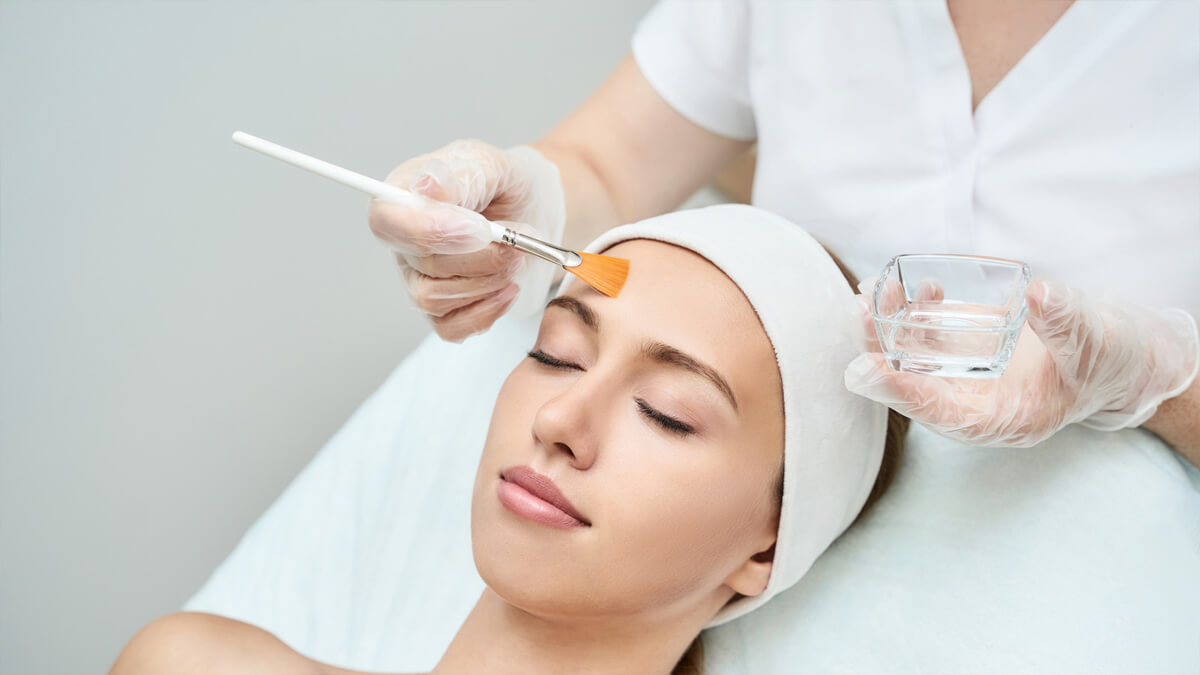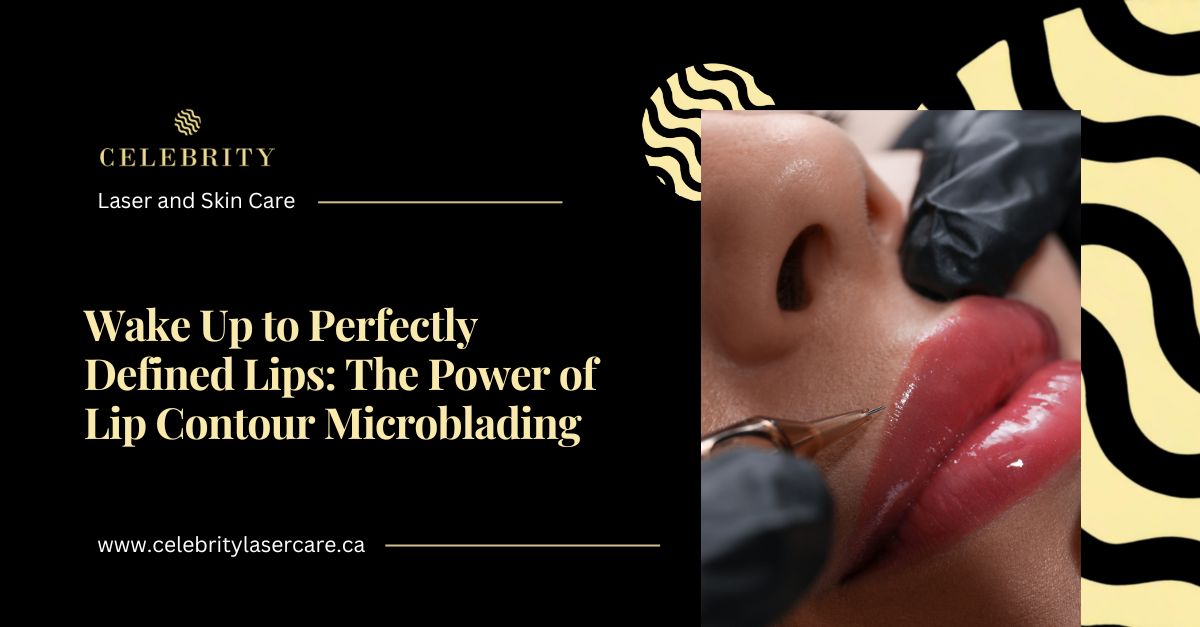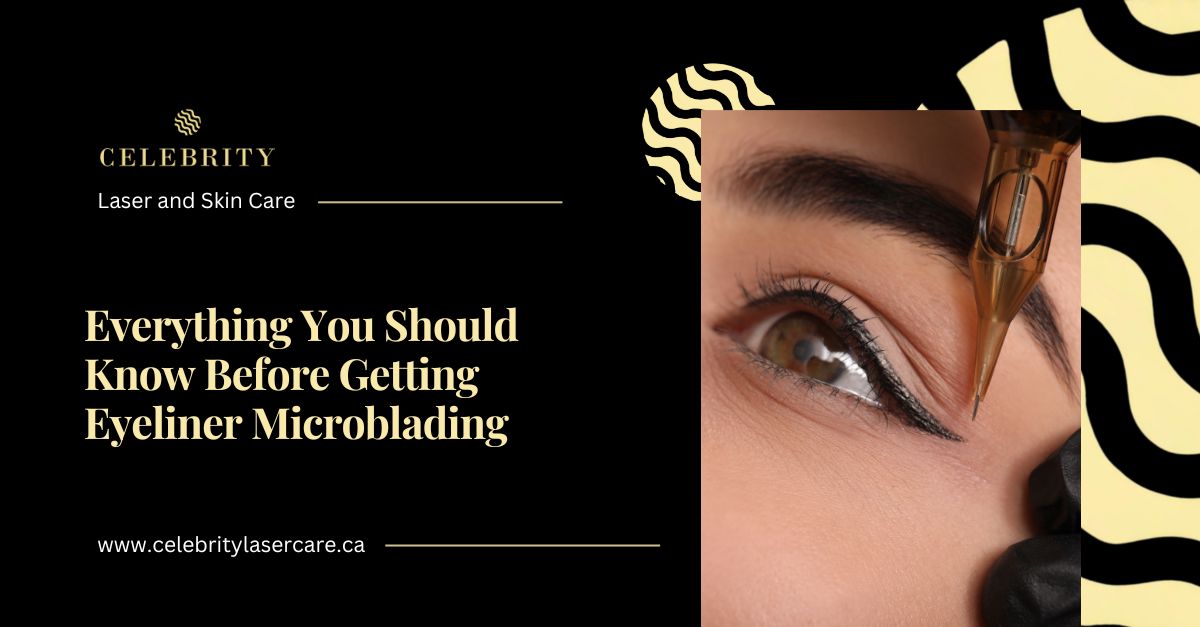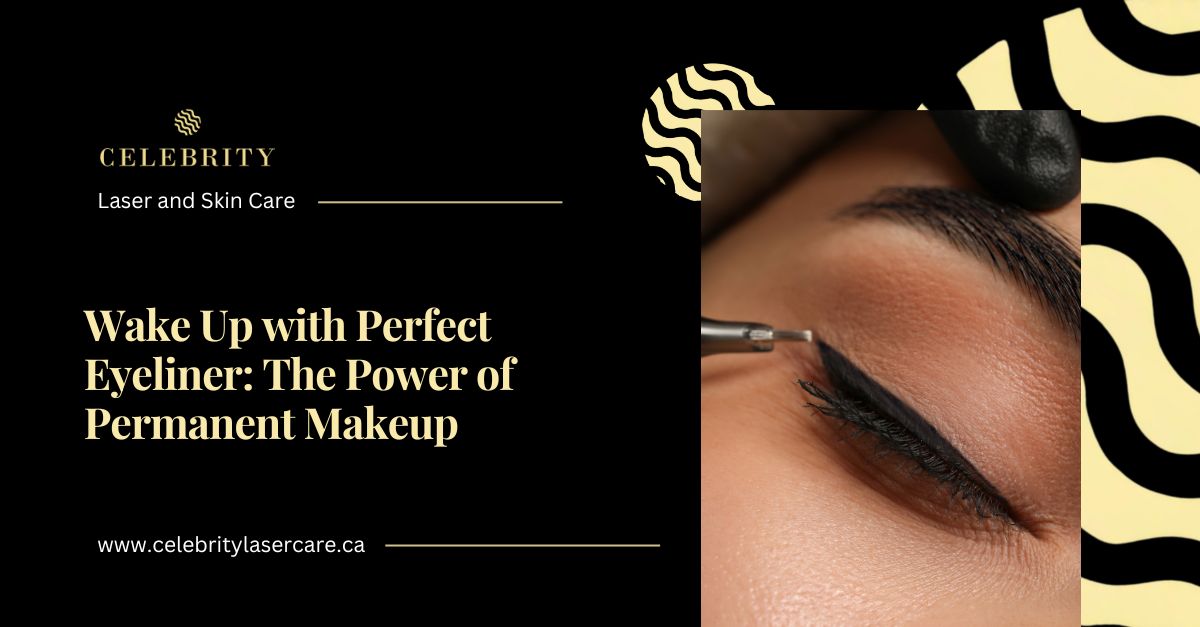Have you run out of lotions and creams while dealing with acne, wrinkles, and dark spots? Maybe it is time to consider laser skin resurfacing or chemical peeling instead. But how do you know if you should use chemical or laser peels? This article teaches you everything you need to know about these two methods so you can make an informed decision.
What is chemical peeling, and how does it work?
Chemical peels are a type of cosmetic treatment that improves the overall look of the face while also addressing issues such as wrinkles, acne, scarring, and uneven skin tone. In chemical peeling treatment, the top layers of skin are removed, allowing the skin to develop smoother than before. If you’re concerned that chemical peels will be too harsh on your skin, remember that there are three degrees of peels: light, medium, and deep. You can ask your dermatologist which chemical peeling is appropriate for your skin type.
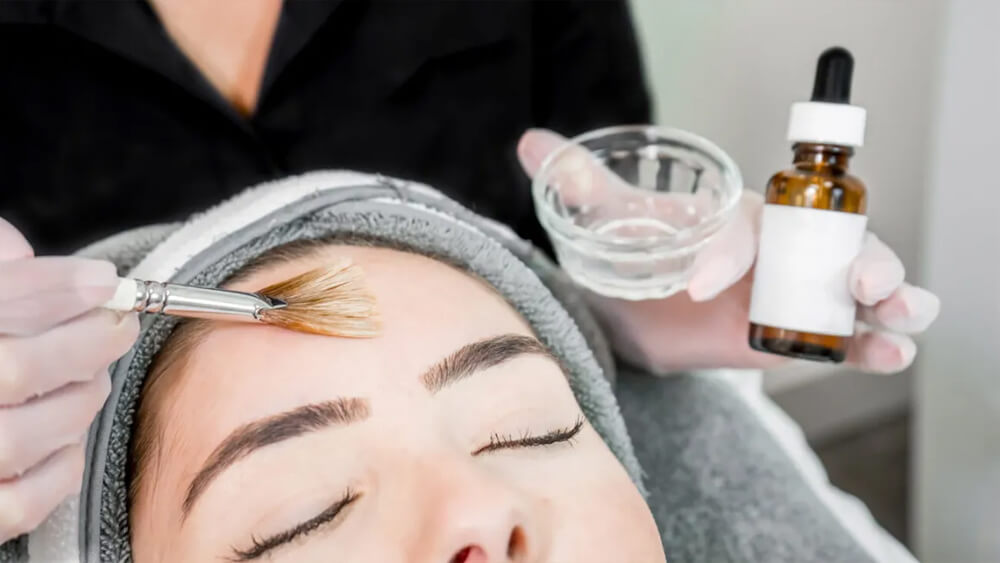
Cons and pros of Chemical peels
Exfoliation is beneficial for skin surface irregularities, and it may be used on all skin types. However, strong peels should be used with caution on darker skin since they are more prone to post-inflammatory hyperpigmentation. Another benefit of peeling is that they are more wallet-friendly, and you can even use chemical peels at home because they give instant gratifications.
On the other hand, chemical peeling is not good for everyone in terms of healing. Some people’s skin condition is great when it comes to downtime, and they don’t even need any rest. There may be some redness and scaling, but that’s about it. But for some others, the recovery time can take up to a week for their red skin to heal. However, this varies depending on the approach used. Patients are usually encouraged to avoid scrubs, cleansing brushes, washcloths, retinoids, and topical acne medicines for roughly a week to prevent interfering with the healing process.
What is laser peeling, and how does it work?
Laser Genesis treatment, like chemical peels, is a peeling method that removes acne, wrinkles, age and dark spots, blemishes, and other skin imperfections. In laser therapy, light and heat are utilized to enhance the skin’s texture, tone, and color. A regulated amount of light and heat is applied to a specific skin area during laser peeling. The treated skin triggers the healing mechanism, and new skin is created.
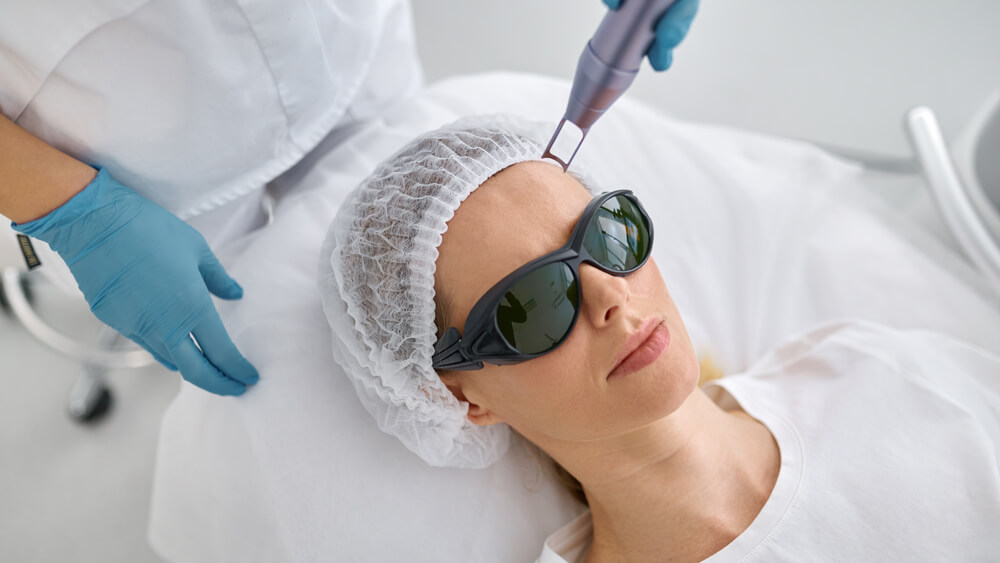
Cons and pros of laser skin resurfacing
Laser therapy may be the best option if you’re searching for a treatment that tackles deep skin concerns. Laser treatment digs deep into the skin with a laser for wrinkles, obstinate pigments, and vascular issues. It is also more accurate for collagen renewal with faster results than chemical peeling. However, laser treatment is not as cheap as chemical peeling in most cases. Additionally, If you are concerned about the healing process, laser peeling takes between 1 to 3 weeks, depending on the treatment area and technique.
Chemical peels and laser peels have advantages and disadvantages, but the ultimate result is almost the same. We can prescribe the best procedure for you based on the outcome, your skin type, and your budget at our laser and skin care clinic in Vancouver, so don’t hesitate to book an appointment at our website.
